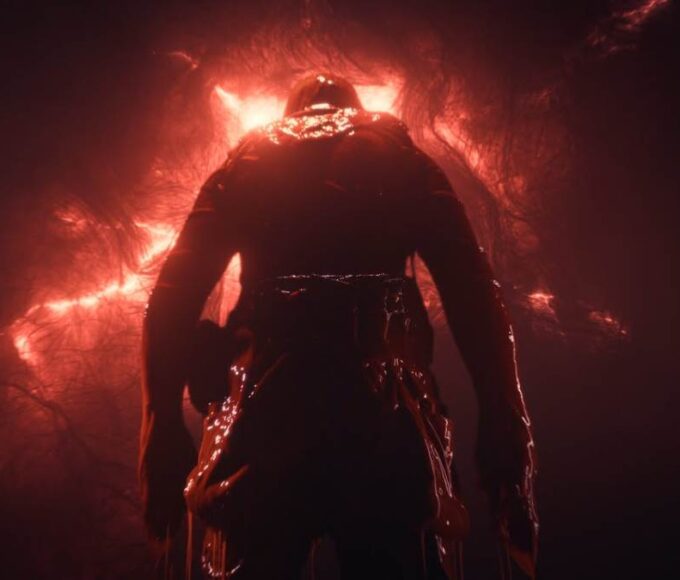Watching political dramas about oppression often feels like looking into another world—stories of dictatorship and government control happening somewhere else.
But after watching I’m Still Here, a powerful film set in 1970s Brazil, one critic found himself asking a chilling question: Could this happen in America?
The movie follows a family whose lives are torn apart when the father is taken in for questioning by the military government and never returns.
While stories like this have been told in films for years—whether about Nazi Germany, Argentina’s dictatorship, or Communist China—there has always been an unspoken feeling that these events were distant. But now, with concerns about political shifts and threats to democracy, that distance feels smaller.
Hollywood has explored political corruption before, especially in the 1970s with films inspired by Watergate and Vietnam. However, those stories often showed how the system could correct itself.
American democracy, though flawed, always seemed resilient. But in movies about totalitarian regimes, from The Conformist to The Unbearable Lightness of Being, the message was different: once democracy is lost, getting it back is nearly impossible.
The real question now is whether these films were just warnings—or if we are starting to see their lessons come true. As history has shown, no country is immune to political shifts, and cinema has been a mirror reflecting both past and possible futures. The only question left is: Are we paying attention?












Leave a comment